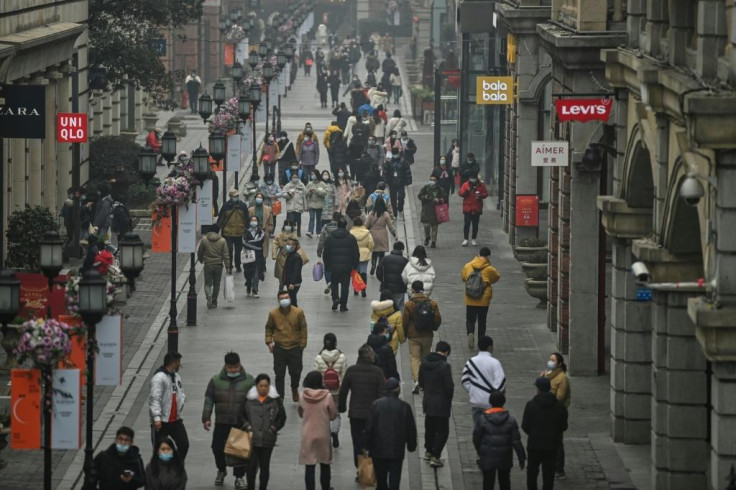China makes anal swab mandatory for all foreign arrivals even after complaints from Japan, US
Foreign visitors to China will have to undergo an anal swab test or give a stool sample to test for COVID-19.
China has made anal swabs mandatory for all international arrivals in the country. They believe that the procedure is more effective by detecting COVID-19 from faecal deposits rather than from respiratory swabs.
The tests are required for foreign visitors in some cities only including Qingdao in East China's Shandong Province, Beijing, and Shanghai. It is mandatory in hotspot regions or when there are positive cases on the same plane. The swabs are needed before patients complete quarantine periods. Foreign arrivals to Xiamen, South China's Fujian Province, and Tianjin do not need to have anal COVID-19 tests.
An employee of the Shanghai Centre for Disease Control (CDC) told the Global Times on Tuesday that anal swabs are needed if there are more than five people on the same plane who test positive for COVID-19. They have to go through a full set of tests including nasal/throat swab, blood and phlegm test, and anal swab.
The same procedure applies to visitors who came from countries where COVID-19 cases are high or they tested positive upon arrival. If a person shows symptoms of diarrhea, he or she must also get an anal swab.
Meanwhile, a representative for the epidemic control department in the Daxing district of Beijing said that "general international travelers" to Beijing need three tests: anal and nasal swab, as well as environment sample testing.
"If people are not familiar with the procedure for taking an anal swab test, our employees will help explain how it will be done," the representative said.
Shanghai-based doctor Lu Hongzhou suggested an alternative for the anal swabs if people find it humiliating. They can provide a stool sample to test for COVID-19 at the airport and according to The Times UK, South Korea appears to be amenable to this compromise.
An anal swab involves inserting a cotton swab about three to five centimetres into the rectum. Then it is rotated, removed, and sealed in a sample container for COVID-19 testing. It takes about ten seconds to complete. While it is a quick process, some do not feel comfortable with it especially Japanese nationals who visited the country. They complained to the Japanese embassy in China that the experience brought them "psychological pain." US diplomats subjected to the test also raised their concern about the "undignified" procedure.

© Copyright IBTimes 2025. All rights reserved.






















